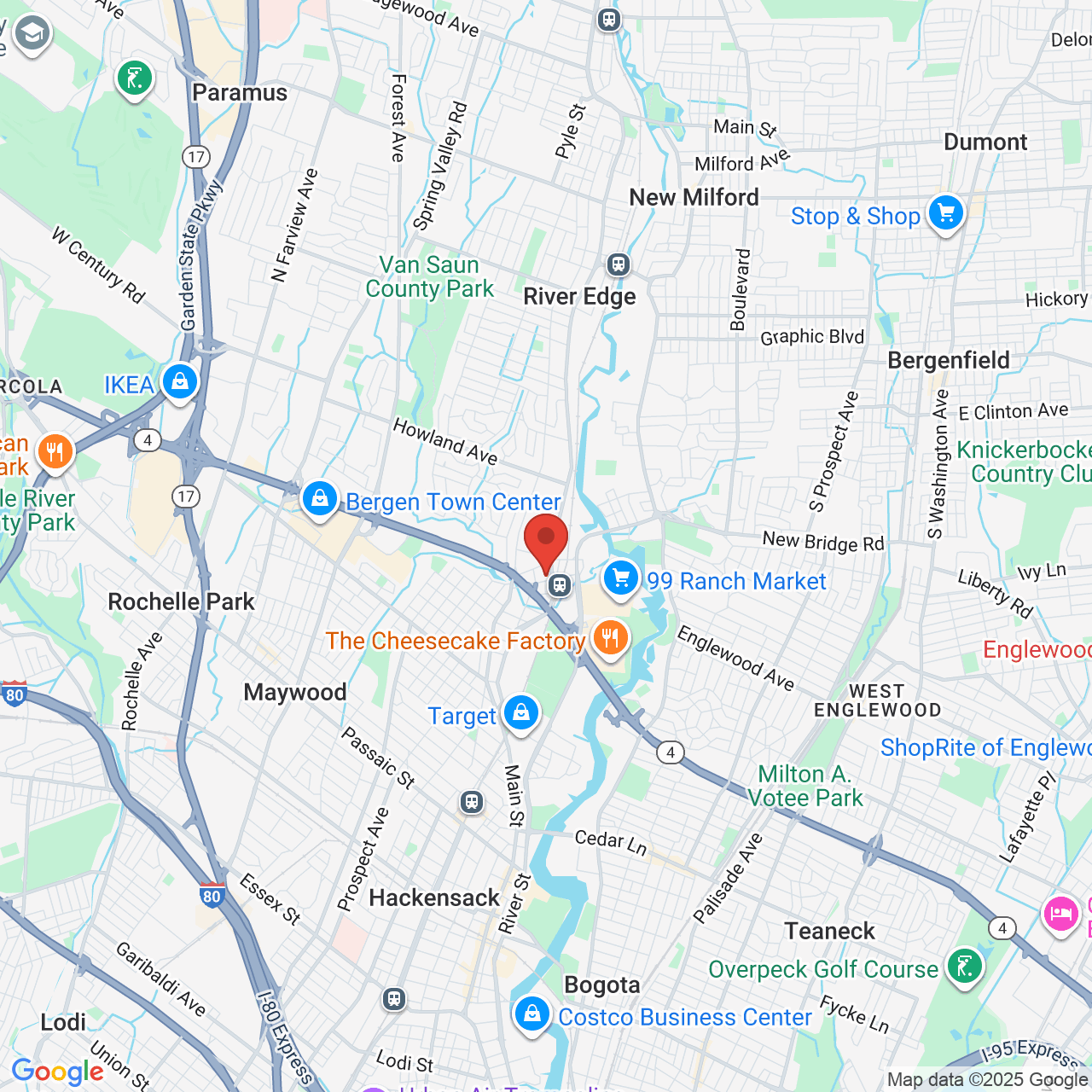TMJ Disorder Symptoms
 You may have heard the phrase TMJ disorder before but been unaware what it means. Dr. Stephen J. Malki wants to change that. A TMJ disorder means poor alignment or dysfunction of the temporomandibular joint, or TMJ. This is the joint that connects the jawbone to the cranium. It’s one of the most complex joints in the body, especially given the different motions the jaw makes and the interaction of bone, cartilage, muscle, nerves, and other tissues.
You may have heard the phrase TMJ disorder before but been unaware what it means. Dr. Stephen J. Malki wants to change that. A TMJ disorder means poor alignment or dysfunction of the temporomandibular joint, or TMJ. This is the joint that connects the jawbone to the cranium. It’s one of the most complex joints in the body, especially given the different motions the jaw makes and the interaction of bone, cartilage, muscle, nerves, and other tissues.
If you live in River Edge and Paramus, NJ or anywhere in Bergen County, our team can help treat your TMJ disorder. Be sure to note the following symptoms and risk factors below.
Clicking, Popping, or Grinding of the Jaw Joint
This is the telltale symptom of TMJ disorders, and a sure sign that something is not quite right with the alignment of your jaw joint. Be mindful of any strange sounds or sensations as you’re moving your jaw.
Lockjaw and Limited Jaw Movement
When your jaw fails to function properly, there’s a risk of the jaw locking or being unable to move in certain ways. You should be able to speak, laugh, and yawn without your jaw stuck in one spot.
Jaw Pain and Discomfort
Jaw pain is another common sign of a TMJ disorder. This may occur when biting or chewing, or when you open your mouth wide. Any changes in jaw function are worth getting checked out.
Sore Teeth and Gums
Improper joint alignment doesn’t just affect the jaw. It may be placing more stress on your teeth and gums. This can lead to toothaches, sensitive gums, and even gum recession over time.
Pain Radiating to Other Parts of the Head and Face
In addition to sore gums and teeth, it’s common for the jaw pain to radiate into the other parts of your face and head. A number of people who suffer from TMJ disorders also experience the following:
- Headaches
- Earaches
- Eye pain
- Neck pain
- Sore shoulders
Ringing in the Ears (Tinnitus)
Earaches aren’t the only ear-related issue that people with TMJ disorders experience. A number of people also complain of tinnitus, a persistent ringing in one ear or both ears.
TMJ Disorder Risk Factors
In addition to the above symptoms, it’s important to consider the following risk factors for TMJ disorders:
- Previous Jaw Injury - If you’ve experienced a previous injury to the jaw, you’re more likely to experience an issue with joint alignment.
- Arthritis - The long-term wear and tear on the jaw joint can cause arthritis, which can make TMJ disorders more likely.
- Teeth Grinding (Bruxism) - Grinding your teeth places a lot of stress on your teeth and gums as well as the jaw joint. The long-term repercussions of teeth grinding often includes a TMJ disorder.
When to See a Dentist
If you notice a combination of the above symptoms, you should consider telling your dentist about it so further tests and diagnostics can be performed. It’s an especially good idea to speak with your dentist if you experience any of the above risk factors in combination with the listed TMJ disorder symptoms.
Speak with a Trusted Cosmetic and Restorative Dentist
If you live in Bergen County can have noticed jaw pain, lockjaw, and other common signs associated with TMJ disorders, be sure to contact a credentialed cosmetic and restorative dentist. You can reach Malki Dental in River Edge by calling (201) 689-5944.

